What is The Institute for Engagement & Negotiation?
As our world is now socially, politically and economically connected 24-7, issues arise and inflame more quickly than ever before. More than ever, safe spaces are needed: spaces where people can talk with each other, learn from other, and build bridges to better outcomes.
The Institute for Engagement & Negotiation (IEN) is a nationally recognized leader in fostering collaborative change across a broad range of environmental, social and economic issues. Founded in 1980, IEN is a public service organization of the University of Virginia, at the School of Architecture, with a team of facilitators and mediators that assists organizations, agencies, industry, and communities in making bold, sustainable decisions. Our work spans four areas: sustainable environment; resilient communities; health, food and social equity; and building capacity through training and leadership.
Formerly the Institute for Environmental Negotiation, in spring 2019, IEN concluded a rebranding process which resulted in its new name - Institute for Engagement & Negotiation. Over the course of four decades, the nature of our work evolved to reflect our changing world and community. As IEN's focus has expanded beyond environmental sustainability to encompass environmental, economic and social resilience, our name and our work reflects a new understanding and commitment to bringing social equity to the decision-making table, not only with our external clients but also in our own backyard of the university.
Director

Tanya Denckla Cobb
In 1997, I found a professional “home” at IEN for my passion for bringing people together to discover common ground and create solutions for mutual gain. As a mediator and facilitator of complex public policy issues, I joined IEN first as a Senior Associate, then Associate Director, and in 2015 was privileged to be appointed Director. Through the years my work has covered a broad range of challenging environmental, agricultural, community, social equity, and environmental justice issues. Now, as Director, I strive to mentor and support our talented and collaborative team while providing vision and strategic direction. As we build on IEN’s rich history of tackling the tough issues, our team seeks to meet the evolving needs of our times with integrity, gratitude, humility, and innovation. We continue to evolve our framework of Equitable Collaboration to engage communities and stakeholders in ways that are fresh, focused, responsive, inclusive, trauma-informed, and effective. You can find my resume here.
Contact me.
What Does IEN Provide?
Student mentoring and training – nine-month and summer internships allow graduate students to work on a variety of topical, real world urban and environmental planning issues, often taking on substantial responsibilities of facilitation, planning, and project management.
Other learning opportunities – IEN faculty have been teaching since IEN’s inception in 1980, but recent years have seen an increase in teaching new courses that reflect cutting-edge topics and concerns in the field of planning.
Student recruitment – 25% of incoming urban and environmental planning graduate students describe the opportunity to work with IEN as the most compelling reason for selecting the University of Virginia.
Departmental visibility – IEN’s practice, teaching and writing contribute to the Department’s excellent national reputation within the planning profession.
University visibility – IEN conducts more public service projects than any other academically-based Center or Institute, and brings significant credit to the University as a whole. Much of IEN’s service occurs in high profile situations involving senior elected and appointed officials (e.g., Governor’s Natural Resources Leadership Summit, Tobacco Communities Project, Shenandoah Valley Waste Solutions Forum, Chesapeake Bay Roundtable, and many others). IEN-led projects enhance the University’s public service leadership in environmental decision-making, providing University faculty opportunities for research and practical applications.
Highlighted Projects + Services
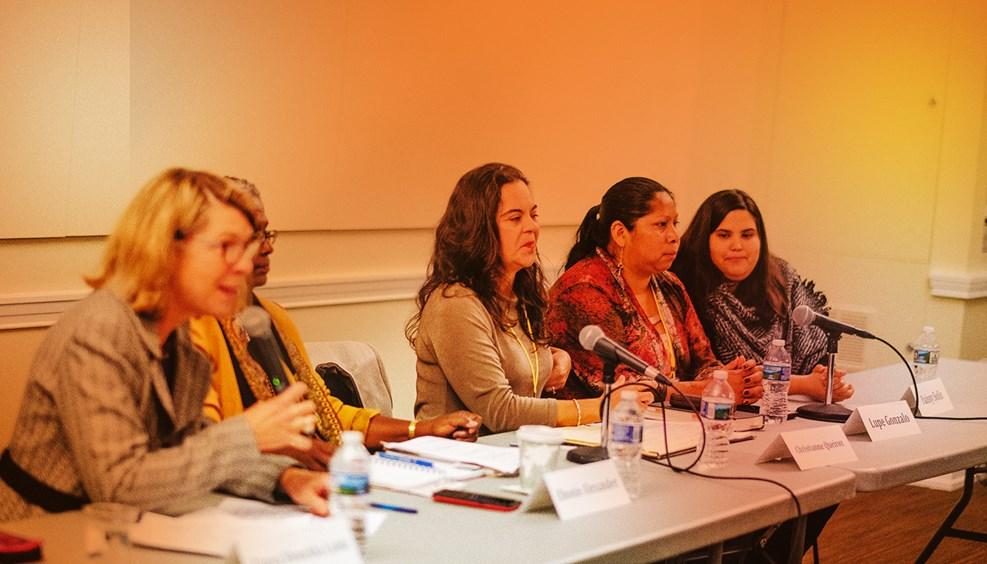
Over the years, IEN has gained international recognition as a leading environmental and public policy dispute resolution organization and has participated in upwards of 600 projects of varying lengths and complexity. IEN conducts about 60% of its work in Virginia, 20% in nearby states, and the rest is national in scope or performed in localities outside of the region.
Each year the IEN undertakes on average two dozen or so projects requiring multi-party facilitation, mediation, negotiation, consensus building, and community engagement. IEN works on a wide range of issues involving a community’s natural, built and social environment. Watershed restoration, land use, community revitalization, heritage preservation, transportation, natural resource management, public health, sea level rise, food system planning, racial reconciliation, environmental justice, and much more, are IEN’s domain.
Our experience has shown that using collaborative processes can lead to fairer and more creative, inclusive, and effective solutions to public issues.
A few of our current projects are highlighted below.
THE RESILIENCE ADAPTATION FEASIBILITY TOOL (THE RAFT)
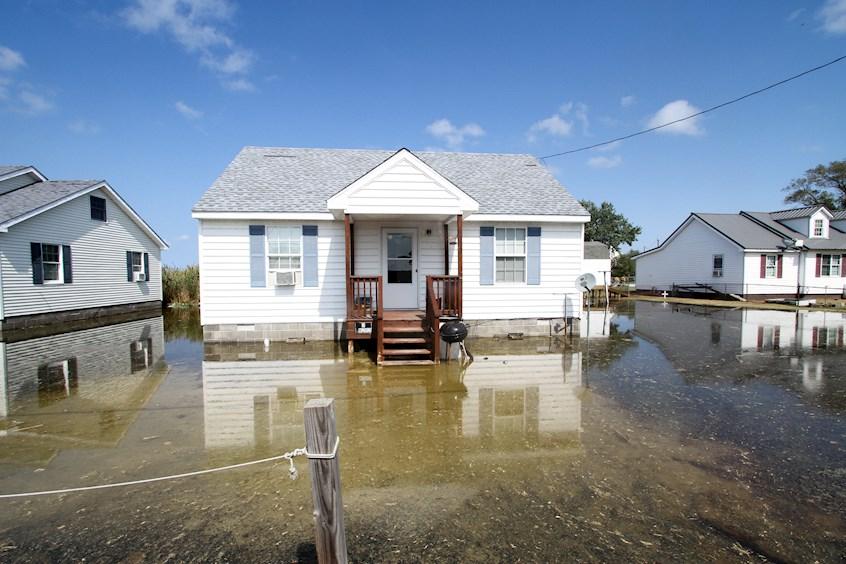
The Resilience Adaptation Feasibility Tool (The RAFT) is an innovative “collective impact” collaborative approach to climate resilience that leverages the expertise and resources of multidisciplinary partners and diverse stakeholders to assist coastal localities striving to increase their resilience.
Coastal resilience is the capacity to anticipate threats, reduce the community’s vulnerability, and respond to and recover from hazardous events and chronic stresses. A community can be vulnerable as a result of its physical location and infrastructure, but social factors within the community, such as access to transportation or medical fragility, can also increase vulnerability. A resilient community, on the other hand, is one that is able to adapt, endure, and thrive in the face of change, uncertainty, and adversity. From hurricane preparedness to appropriate land-use policies to infrastructure protection systems, there are many programmatic and planning steps localities can take to increase their resilience.
The RAFT was conceived and developed by an academic interdisciplinary collaborative, the “Core Team,” led by the University of Virginia Institute for Engagement & Negotiation (IEN), the Virginia Coastal Policy Center (VCPC) at William & Mary Law School, and Old Dominion University/ Virginia Sea Grant (ODU).
Project Leads:
Tanya Denckla Cobb is Director of IEN
Sierra Gladfelter is Senior Associate at IEN
JD Brown is Interim Project Manager at IEN
VIRGINIA NATURAL RESOURCES LEADERSHIP INSTITUTE
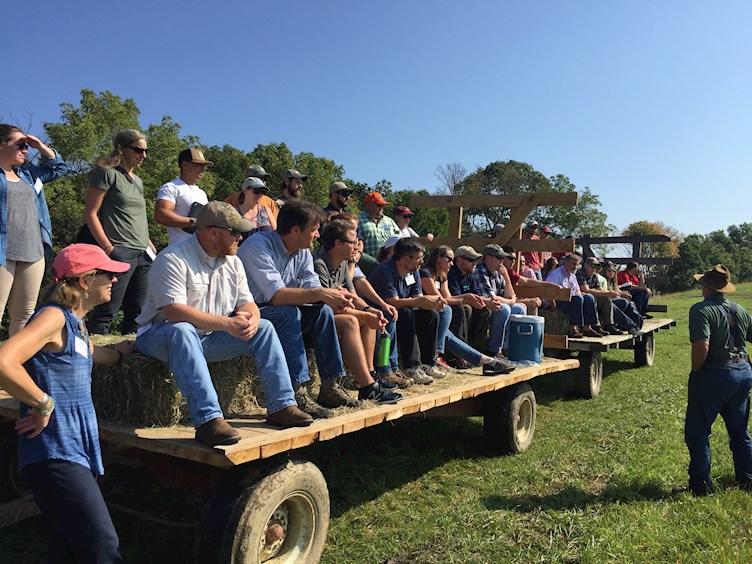
The Virginia Natural Resources Leadership Institute is a program for emerging leaders confronted with Virginia's most pressing natural resource issues who seek new skills in conflict resolution and collaborative problem solving. VNRLI is comprised of six sessions held over nine months in regions across Virginia, during which Fellows learn about the important environmental issues facing our state through a combination of mini-lectures, experiential exercises, stakeholder panel discussions, and field trips.
Project Leads:
Kelly Altizer is Associate Director of Operations at IEN
EFFECTIVE AMERICAN INDIAN COMMUNICATIONS & TRIBAL CONSULTATION TRAINING
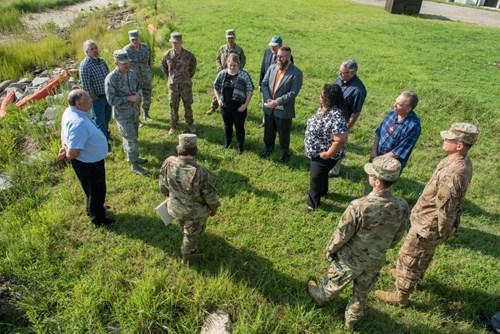
Under contract with Argonne National Laboratories, IEN delivered a two day training for the United States Air Force on Effective American Indian Communications and Tribal Consultation. Air Force personnel from around the country traveled to Virginia’s Langley Air Force Base to participate.
The training team included Chris Howell, a tribal relations consultant and member of the Pawnee Nation, as well as IEN’s director Tanya Denckla Cobb and associate director Kristina Weaver. This highly interactive training, supported by a manual designed by IEN, walks participants through applying principles of interest-based negotiation in their efforts to build relationships and undertake government-to government consultations with Tribes.
Based on the success of the Langley session, Argonne asked IEN to extend the length of the training to three days, create a one day executive version, and deliver a total of 12 additional trainings over the next three years. In FY 2021 IEN is successfully retooling these trainings for online delivery.
Project Leads:
Kristina Weaver is a Project Consultant for IEN
Chris Howell is a Subject Matter Expert for IEN
SUSTAINABLE FOOD COLLABORATIVE
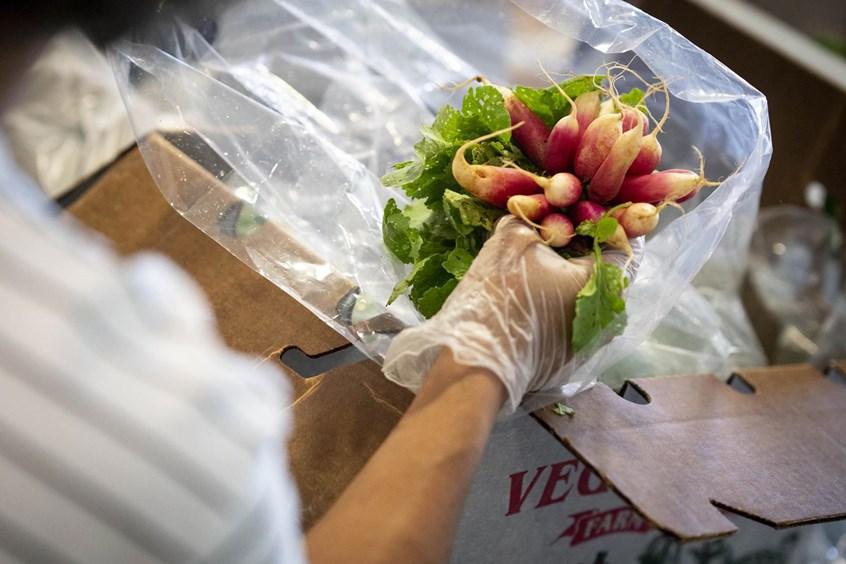
IEN is working with the Sustainable Food Collaborative (SFC) to implement the food-related goals of the University of Virginia’s 2020-2030 Sustainability Plan in addition to SFC’s 2021-2030 Action Plan. Now entering its sixth year of work, SFC is chaired by Tanya Denckla Cobb, Director of IEN, and includes a broad array of collaborators committed to food and its impacts. Collaborators include UVA Dine (Aramark), UVA Health Systems, the Office for Sustainability, UVA staff, faculty, and students, as well as representatives from food-related community non-profits. SFC was formed in 2015 as the “Sustainable Food Strategy Task Force” to create and implement the 2016-2020 UVA Sustainability Plan food-related goals. To better reflect our ongoing work in food systems, the Task Force changed its name to the UVA Sustainable Food Collaborative in June 2020. This name change came forward from our merger with the Food Collaborative and to demonstrate that building a just and sustainable food system is not a temporary endeavor.
Project Leads:
Tanya Denckla Cobb is Director of IEN
|
Image

|
Image

|
Image

|
